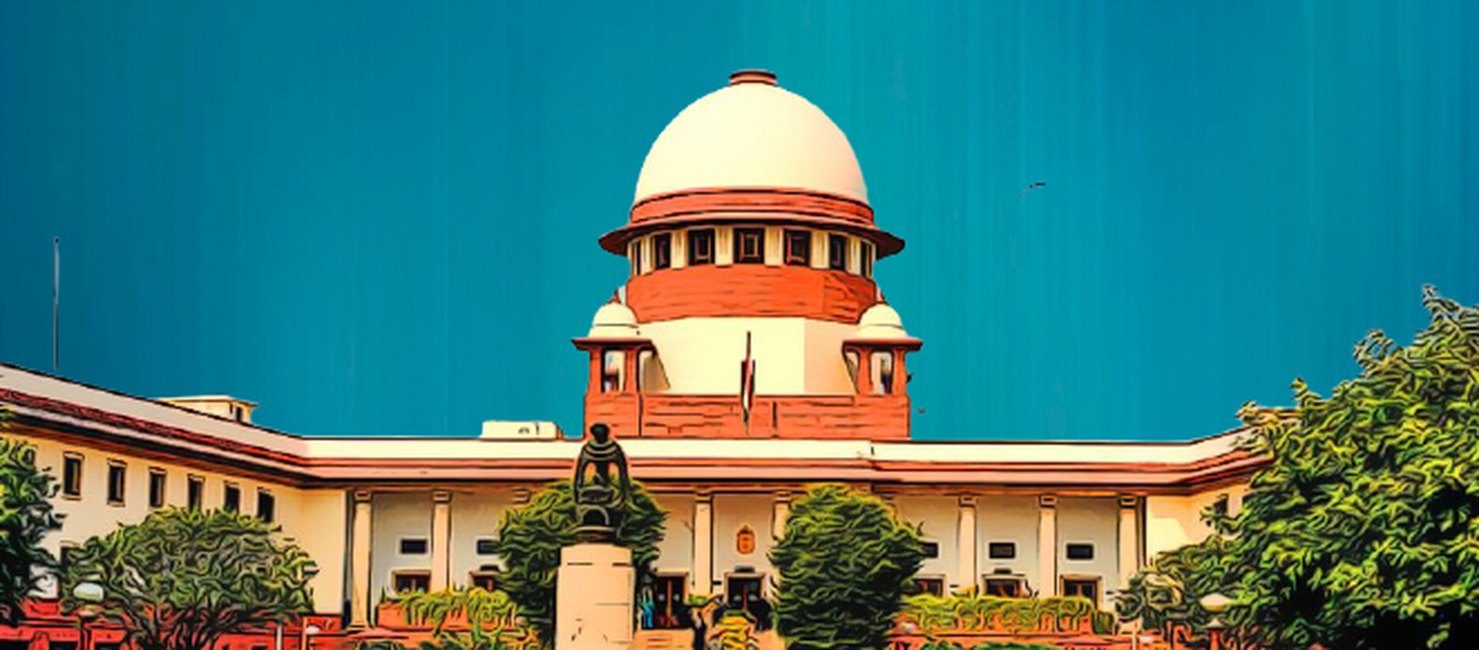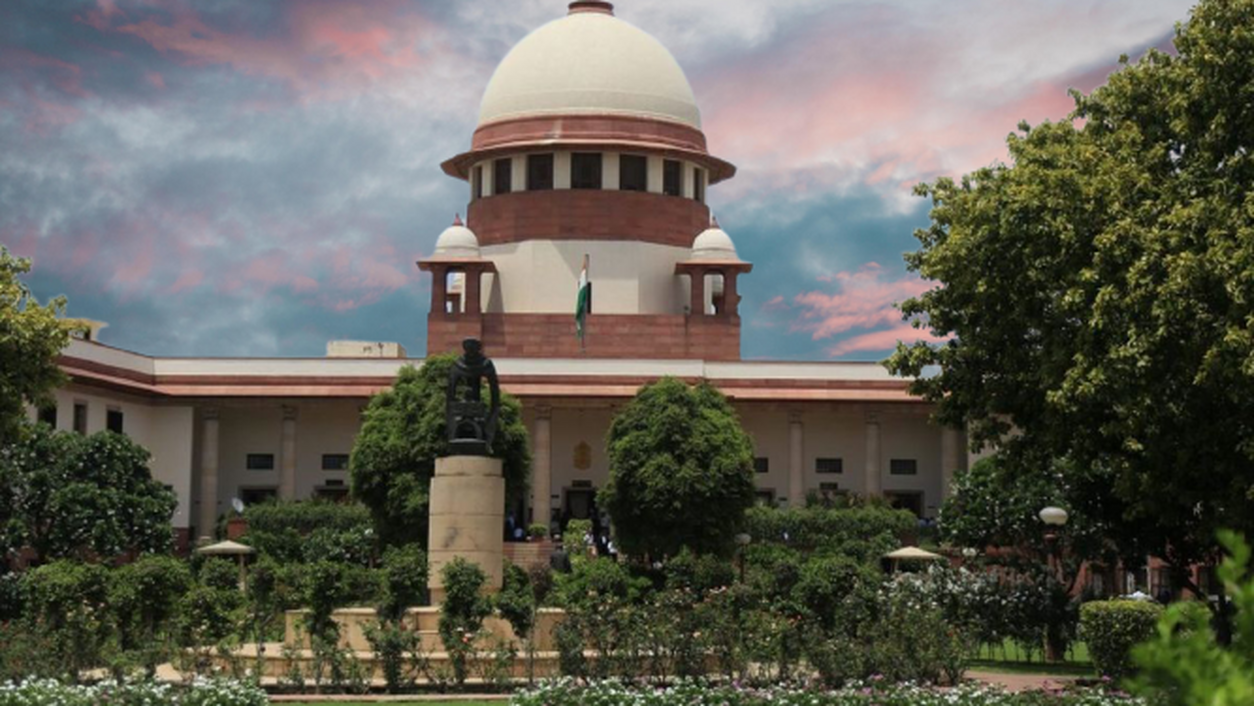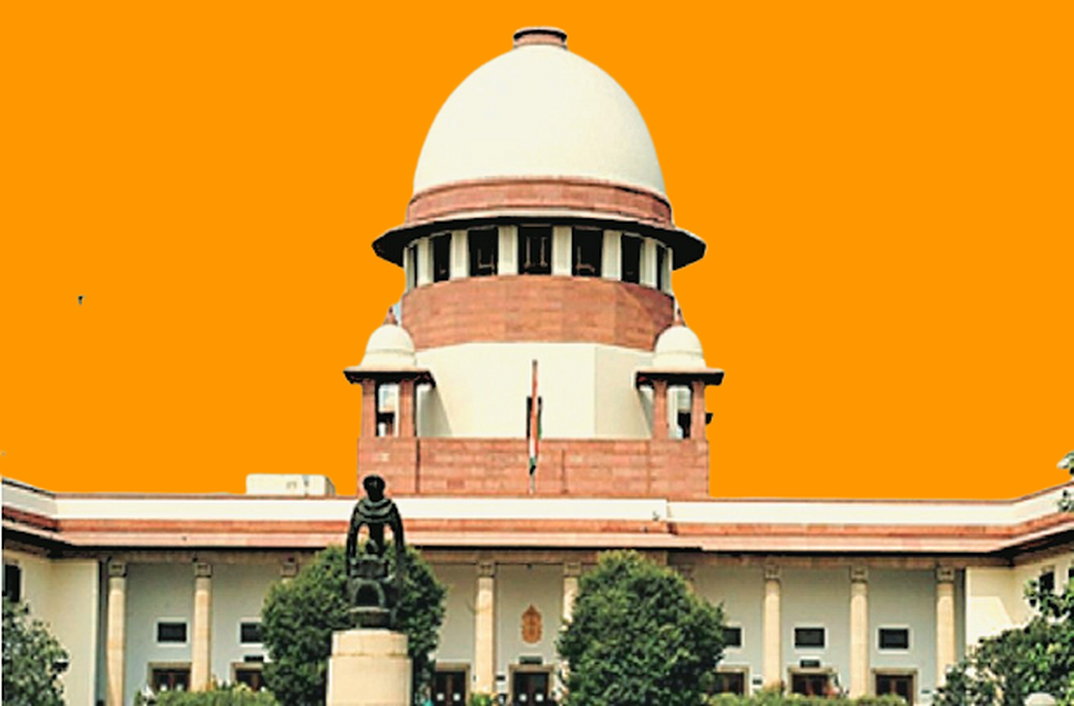If Tribunal takes a particular view on interpretation of contract, then Court u/s 34 of Arbitration & Conciliation Act does not sit in appeal over arbitrator’s findings: SC dismisses NHAI’s appeal
Justices Abhay S. Oka & Pankaj Mithal [07-05-2024]

Read Order: National Highways Authority of India v. M/s Hindustan Construction Company Ltd [SC- CIVIL APPEAL NO. 4702 OF 2023]
Tulip Kanth
New Delhi, May 9, 2024: While dismissing the appeal of National Highways Authority of India, the Supreme Court has opined that the Division Bench of the Delhi High Court was right in holding that the majority opinion of technical persons need not be subjected to a relook, especially when the Single Judge had also agreed with the view taken by the Arbitral Tribunal.
In this case, the appellant- National Highways Authority of India Ltd., constituted under Section 3 of the National Highways Authority of India Act, 1988, had awarded a contract to the respondent for the work of the Allahabad Bypass Project in 2004, which involved the construction of a road from km 158 to km 198 (except a bridge on the river). The total cost of the project was Rs 4,46,99,12,839.
A dispute between the parties was referred to the Dispute Resolution Board. The Board gave its recommendations. Ultimately, the dispute was referred to an Arbitral Tribunal of three arbitrators. There were three claims referred to arbitration. The claims pertained to the reimbursement of additional expenditure incurred due to an increase in the rates of royalty and associated sales tax on soil, sand and crushed stone aggregates; non-payment for executed work of embankment with soil/pond ash for the initial 150 mm depth stripped in accordance with the requirements of the contract and reimbursement of additional costs incurred due to an increase in the forest transit fee rates.
The Tribunal passed an award but being aggrieved by the same, the appellant filed a petition under section 34 of the Arbitration and Conciliation Act, 1996. By the impugned judgment, the Single Judge confirmed the award in respect of first and last claims. However, the award for second Claim was upheld.
Being aggrieved by the said judgment and order, the appellant preferred an appeal under Section 37 of the Arbitration Act before a Division Bench of the Delhi High Court. By the impugned judgment, the said appeal had been dismissed. From the impugned judgment, it appears that the submissions made before the Division Bench of Delhi High Court were confined to Claim nos. 1 and 2. By the impugned judgment, the appeal preferred by the appellant was dismissed. Being aggrieved by the Arbitral Tribunal’s award and the judgments of the High Court, the appellant has preferred the present appeal.
Noting that the present matter was concerned with the construction of the terms of a contract between the parties, the Division Bench comprising Justice Abhay S. Oka & Justice Pankaj Mithal, referred to the judgments in Parsa Kente Collieries Ltd. v. Rajasthan Rajya Vidyut Utpadan Nigam Ltd. [LQ/SC/2019/907]; MMTC Ltd. v. Vedanta Ltd. [LQ/SC/2019/296]; UHL Power Company Ltd. v. State of Himachal Pradesh [LQ/SC/2022/23] to highlight that the jurisdiction of the Court under Section 34 is relatively narrow and the jurisdiction of the Appellate Court under Section 37 of the Arbitration Act is all the more circumscribed.
The Top Court noted that there was some controversy before the Division Bench on the issue of whether there was an actual increase in the sales tax. However, after perusing the circular dated December 1,2004, the Division Bench concluded that there was an addition of 3% in the amount of sales tax, as a result of which applicable sales tax increased from 22% to 25%. Hence, it was opined that in the light of the law laid down in the case of National Highways Authority of India [LQ/SC/2015/636] , the contention based on the first claim made by the respondent had no merit.
On the issue of whether the claim for the construction of embankment forms part of the activity of clearing and grubbing and was not payable as embankment work, the Bench noted that two expert members of the Arbitral Tribunal held in favour of the respondent on this point, whereas the third member dissented.
“There cannot be any dispute that as far as the construction of the terms of a contract is concerned, it is for the Arbitral Tribunal to adjudicate upon. If, after considering the material on record, the Arbitral Tribunal takes a particular view on the interpretation of the contract, the Court under Section 34 does not sit in appeal over the findings of the arbitrator”, the Bench held.
The Top Court noticed that the Division Bench of the High Court had adverted the findings recorded by the two members of the Arbitral Tribunal. After considering the view taken by the Arbitral Tribunal, the High Court observed that the real controversy was whether the work of backfilling had been done and whether the said work was liable to be excluded from the work of the embankment construction by the respondent.
The High Court’s Division Bench had held that nothing was shown that indicated that the construction of the embankment could be said to have been done in a manner where the lower part of the embankment was made only by carrying out the activity of backfilling.
According to the Apex Court, the Division Bench was right in holding that the majority opinion of technical persons need not be subjected to a relook, especially when the Single Judge had also agreed with the view taken by the Arbitral Tribunal. After perusing the findings of the majority in the Award, the Bench found nothing perverse or illegal about it.
The Top Court opined that the Single Judge and the Division Bench of the High Court had examined the challenge to the award within four corners of limitation imposed by Sections 34 and 37 of the Arbitration Act. Thus, finding no fault with the view taken by the Arbitral Tribunal, the Single Judge and the Division Bench, the Supreme Court dismissed the appeal.
Sign up for our weekly newsletter to stay up to date on our product, events featured blog, special offer and all of the exciting things that take place here at Legitquest.




Add a Comment